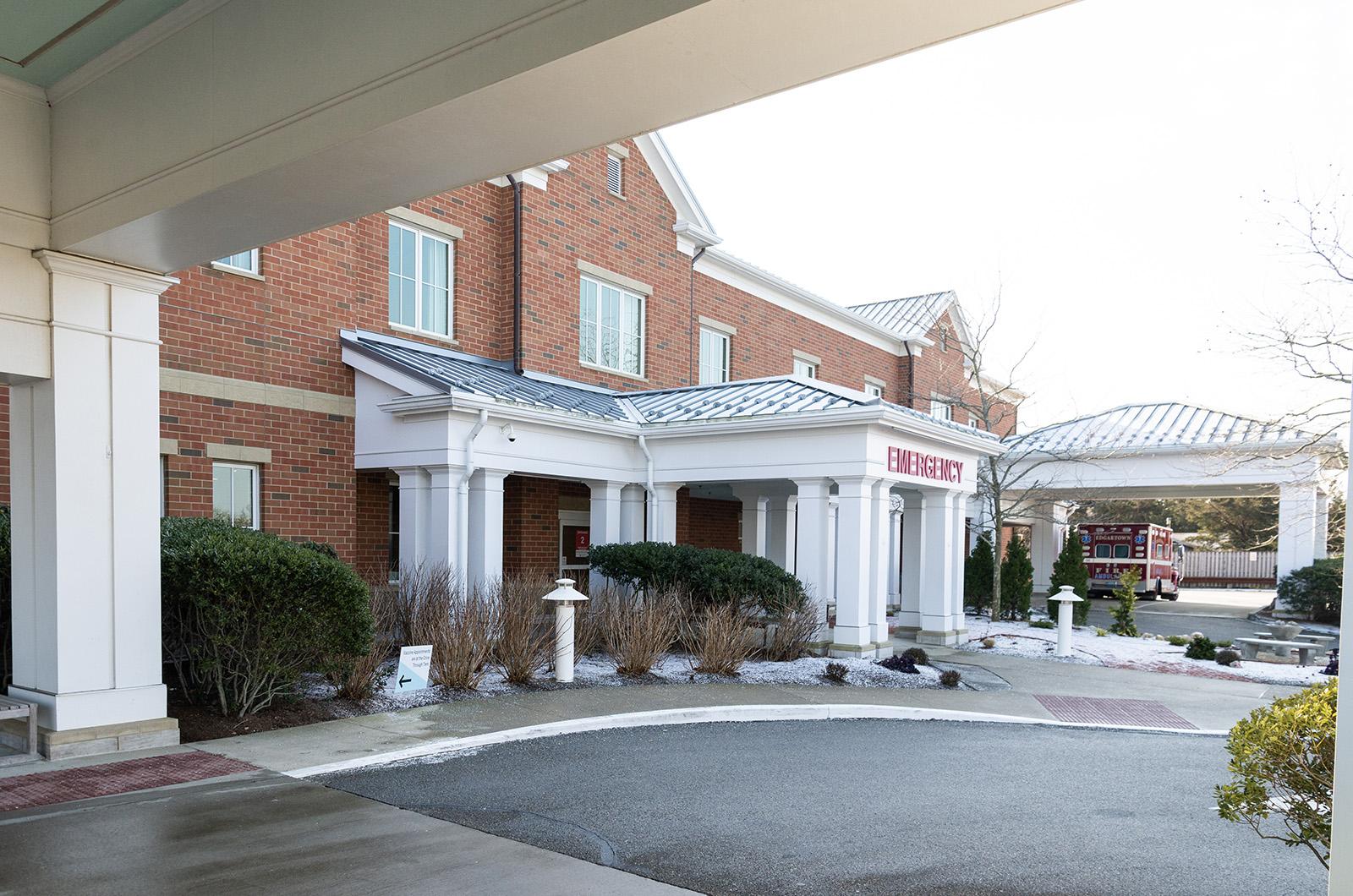The announcement this week that more decision-making for the Martha’s Vineyard Hospital and other community hospitals will be shifted to their parent corporation is being billed as an efficiency move that won’t affect patient care. We can only hope that’s true.
The Martha’s Vineyard and Nantucket hospitals were acquired by the corporation now known as Mass General Brigham in 2006. For the Vineyard, it formalized an existing affiliation with Mass General, and since then Island residents have benefited in some very concrete ways. Patients now have access, often aided by technology, to a wide range of specialists, tests and treatments. In emergency situations, the ability to be transferred quickly to a Boston hospital can mean the difference between life and death.
But these institutions are called community hospitals for a reason. Once known as cottage hospitals after their rural counterparts in England, the Island hospitals were compelled by geographic necessity to address the full spectrum of residents’ healthcare needs, from prevention to primary care to dental services to long-term treatment of the elderly.
Medicine, of course, has changed over time, and other organizations and agencies have emerged to fill some of the functions once served by the hospital. But Islanders still rely on Martha’s Vineyard Hospital as a safety net to meet both their broad and specific health care needs.
In addition to specialized care from a world-renowned research organization, Islanders want routine checkups by knowledgeable practitioners, affordable urgent care for minor scrapes and illnesses, easy access to vaccines readily available at pharmacies off-Island and an understanding of challenges like substance use disorders and tick-borne illnesses that may occur disproportionately on the Island.
Denise Schepici, who was hired as the hospital’s president and chief executive officer in 2018, has gamely tried to address many of these issues, listening to community concerns and, among other things, putting a priority on hiring primary care physicians. During the Covid-19 pandemic, the hospital held regular briefings that provided valuable public health information at a crucial time.
Now she’s being stripped of that title and will report to two different executives at the corporate level. They may well understand the unique role of a community hospital, but it seems self-evident that the further one is away from a situation, the harder it is to grasp its nuance.
The Island hospitals have certainly gained from their relationship with Mass General Brigham, but the healthcare giant has benefited from the affiliation as well. Among other things, both Nantucket and Martha’s Vineyard are designated rural critical access hospitals, which resulted in higher payments from Massachusetts insurers.
In a recent corporate-wide rebranding effort, both Nantucket Cottage Hospital and Martha’s Vineyard Hospital were relegated to second-tier status on their own websites, following Mass General Brigham in larger type. Where a name sits on a website is of little importance, of course, if actual service is unaffected or even improved. But symbols can be revealing. Combined with further centralization of management, the message seems to be: we know what’s best for Martha’s Vineyard.
Ms. Schepici told the Gazette that the organizational changes announced this week won’t have any operational impact on our local hospital. We hope she is right.







Comments (2)
Comments
Comment policy »